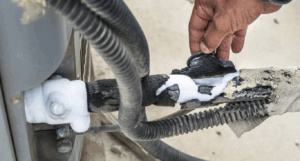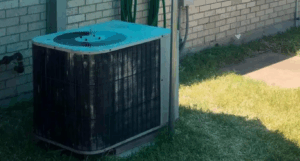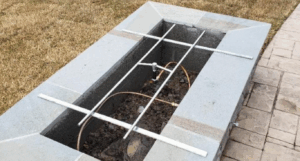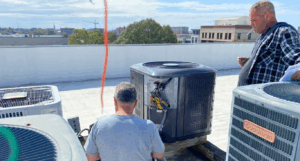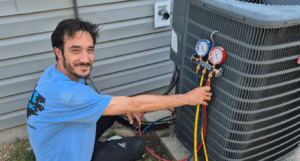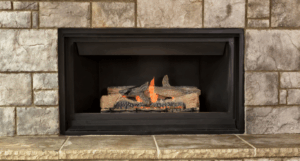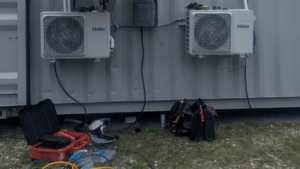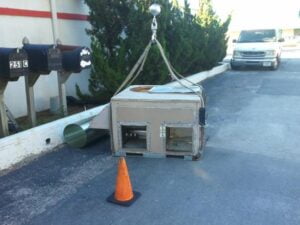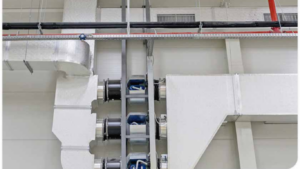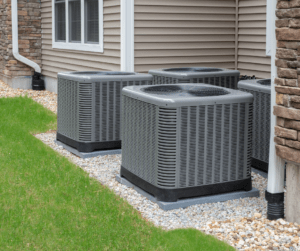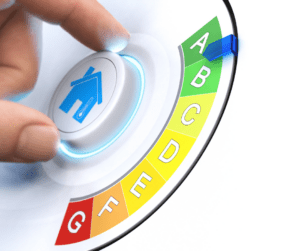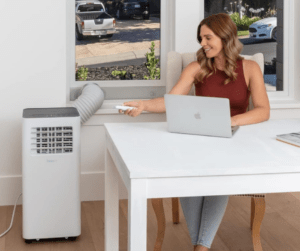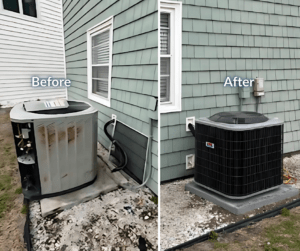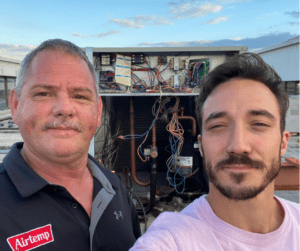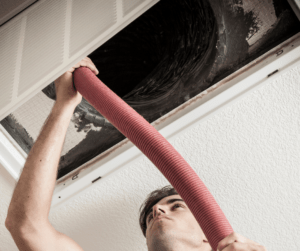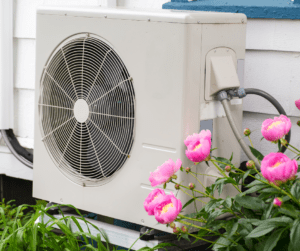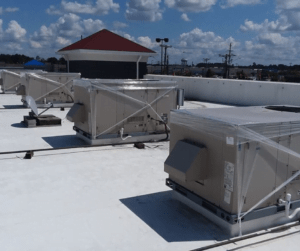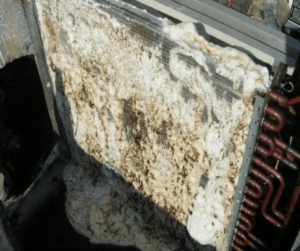5 Signs It's Time for an HVAC Tune Up For Your System
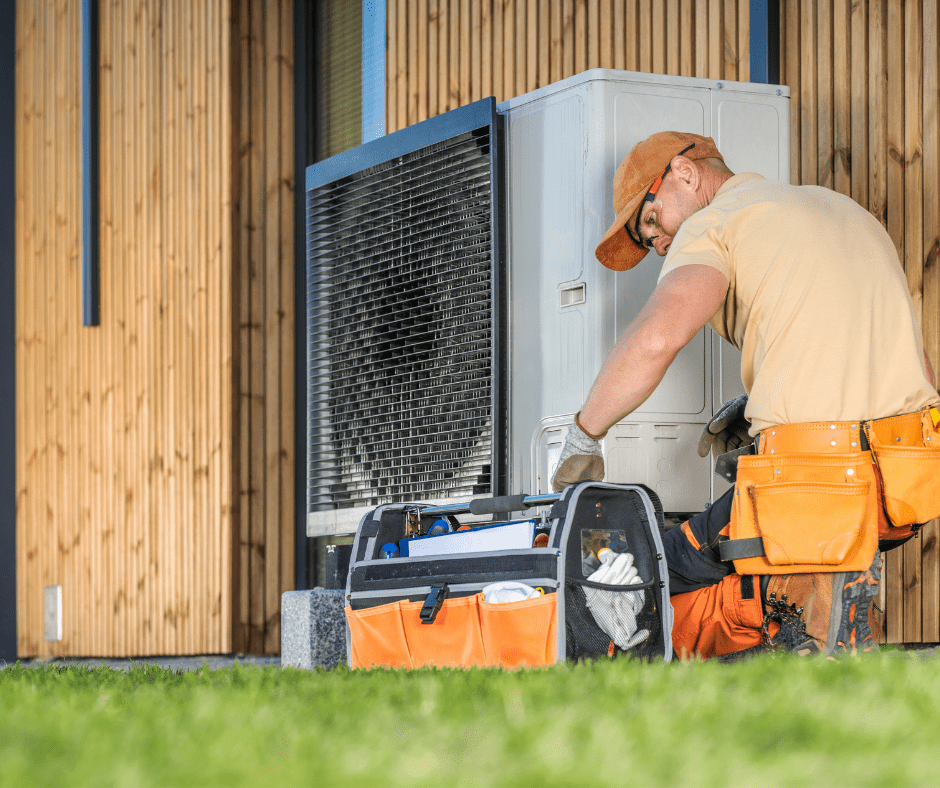
Is your HVAC system not working as efficiently as it used to? It might be time for an HVAC tune up. Regular heating and cooling maintenance is essential to keep your heating and cooling system running smoothly. In this blog post, we will discuss 5 signs that indicate it’s time for an HVAC tune up.
1. Increased Energy Bills Without Increased Usage
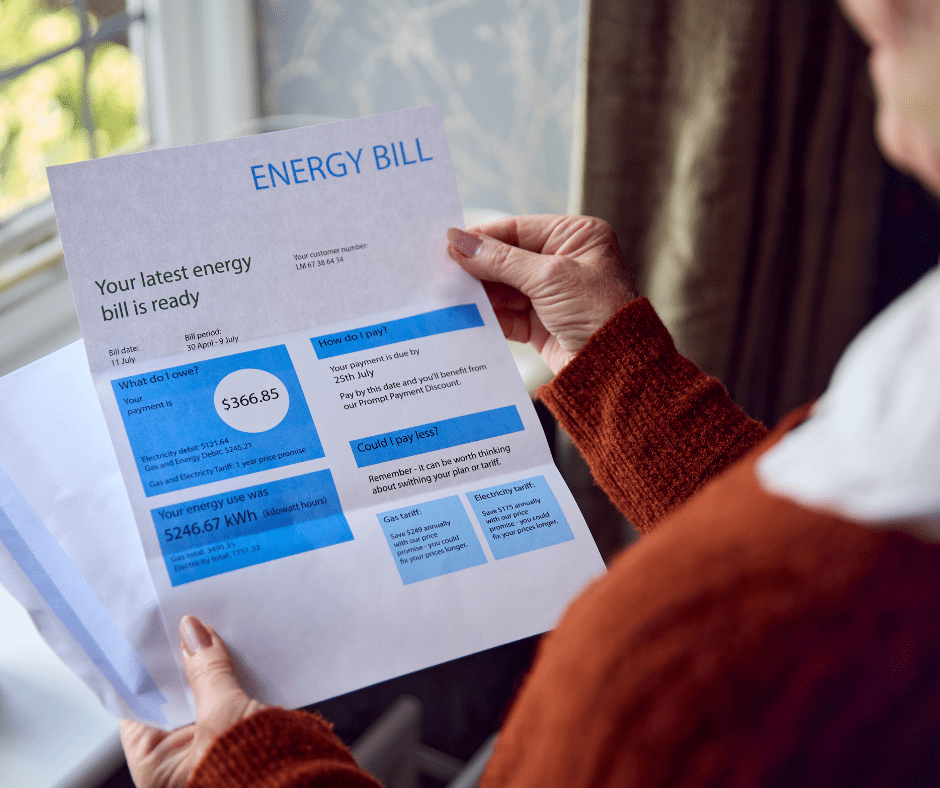
Have you been scratching your head wondering why your energy bills have taken an unexpected leap upward, even though your usage habits haven’t changed? This puzzling situation is a common red flag that your HVAC system may not be operating at peak efficiency. It’s like your system is working overtime, but not in a good way. It’s straining harder to provide the same level of comfort, which translates to more energy consumption and, consequently, higher bills for you.
This inefficiency can stem from a variety of issues, ranging from dirty air filters that hinder airflow to more complex problems like malfunctioning components within the heating and air system itself. What’s crucial to understand here is that these are not just minor inconveniences. They signal that your HVAC system is in desperate need of an HVAC tune up.
Think of a tune-up as a wellness check for your HVAC system. Just as regular doctor visits help maintain your health, routine HVAC maintenance ensures your system runs as efficiently as possible. During a tune-up, a professional HVAC technician will meticulously inspect your system, clean essential parts, and make adjustments or heating and air repairs as needed. This proactive approach not only helps restore your system’s efficiency but can also extend its lifespan, providing long-term savings and peace of mind.
So, if your energy bills have been mysteriously climbing, see it as your HVAC system waving a flag for attention. It’s not just about the immediate cost savings; it’s about maintaining an efficient, reliable system that keeps your home comfortable all year round. Investing in a timely HVAC tune up could be the key to unlocking both improved comfort and energy savings, putting those perplexing high bills to rest.
2. Unusual Noises Coming from Your HVAC System
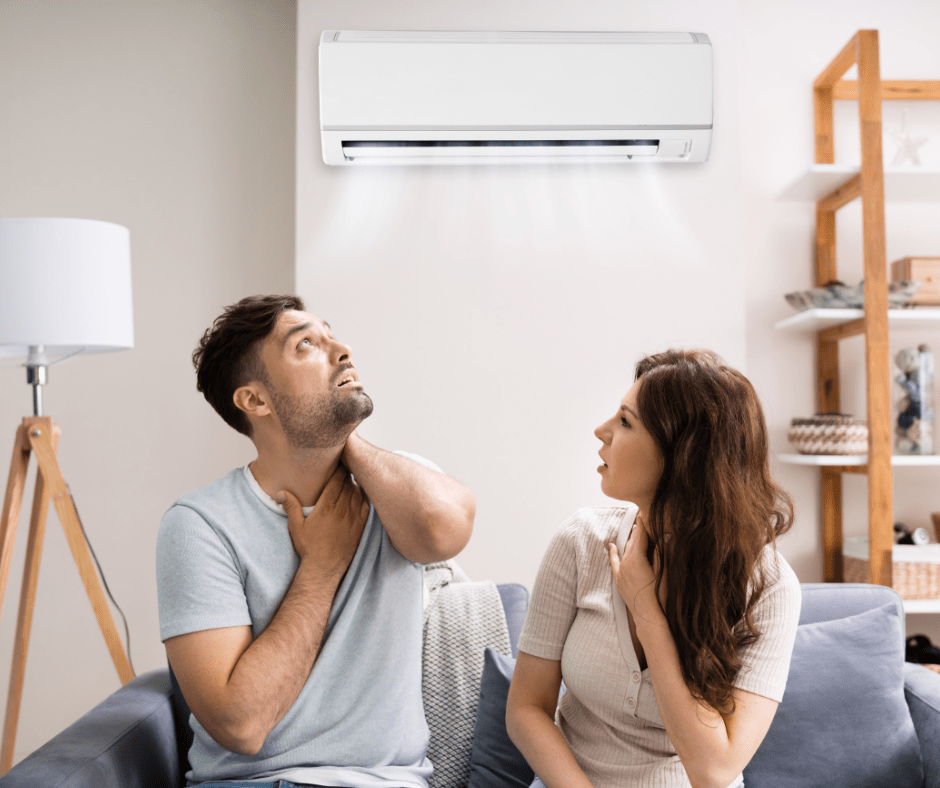
Hearing your HVAC system make unexpected sounds can be unsettling—akin to a car making strange noises under the hood. It’s not the usual hum of operation; instead, you might notice odd banging, rattling, or even high-pitched squealing. These audio clues shouldn’t be ignored, as they often point toward underlying issues that require immediate attention.
Imagine your HVAC system as a symphony orchestra. When every part plays in harmony, the result is a comfortable, well-regulated home environment. However, when one instrument goes off-key—like a fan blade loosening or a belt wearing thin—the entire performance suffers. These strange noises are your system’s way of asking for help, signaling that something inside isn’t working as it should.
Addressing these auditory anomalies early can prevent them from escalating into more severe, costly problems. Loose components can lead to further damage if not tightened or replaced, while worn-out parts might fail completely, leaving you without heating or cooling when you need it most.
An HVAC tune up is akin to bringing in a skilled HVAC contractor to review the orchestra’s performance, ensuring each part functions correctly and making adjustments where necessary. A heating and air technician will meticulously inspect your system, identifying the sources of any unusual noises and resolving them. This may involve tightening loose components, lubricating moving parts, or replacing items that are beyond repair.
Taking action at the first sign of trouble—those unexpected clanks and whistles—can save you from discomfort and inconvenience down the line. It’s about maintaining harmony in your home’s heating and cooling system, ensuring it plays beautifully and efficiently season after season. So, when your HVAC system starts to “talk,” it’s time to listen and consider scheduling a tune-up to keep the music flowing smoothly.
3. Inconsistent Temperature Throughout Your Home
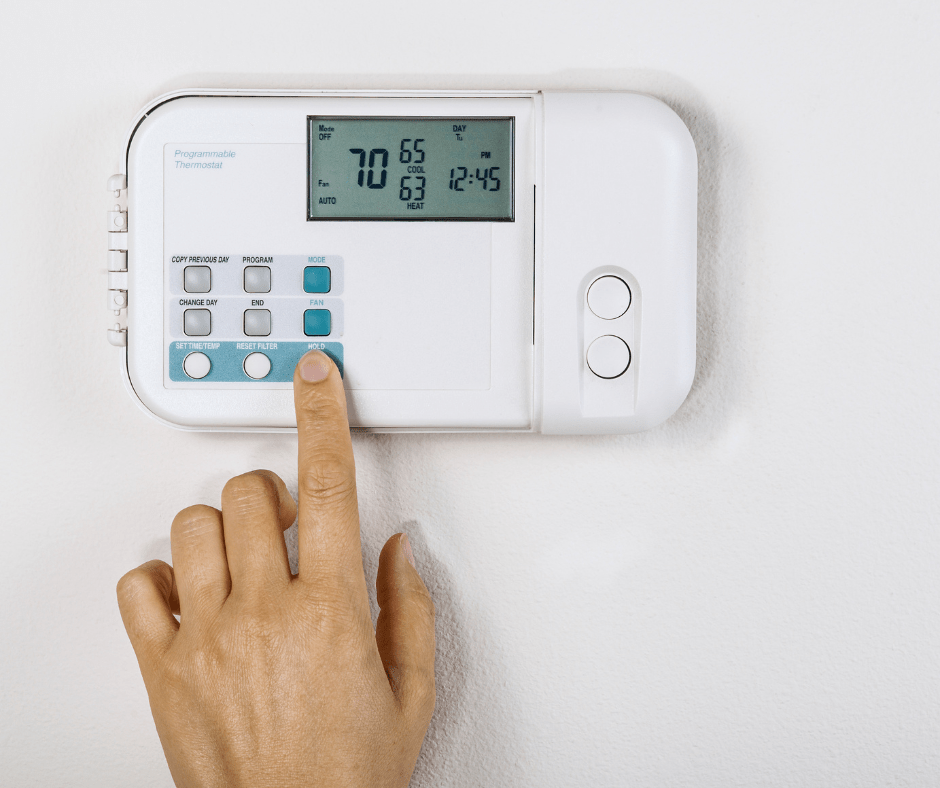
Discovering that your living room feels like a sauna while your bedroom seems trapped in winter can be a perplexing and uncomfortable experience. This inconsistency in temperature throughout your house is a telltale sign that your HVAC system might not be distributing air as effectively as it should. It’s akin to wearing a thick sweater in one room and needing a t-shirt in the next, an indication that your home’s heating and cooling harmony is out of tune.
Inadequate airflow distribution can be the result of various factors, such as blocked air ducts, a malfunctioning thermostat, or even the incorrect size of the HVAC unit for your home. These issues can disrupt the balanced delivery of air, leading to hot spots or cold zones across different areas of your residence. Imagine trying to listen to your favorite song with one speaker not working; the experience is incomplete. Similarly, when air doesn’t circulate properly, your HVAC system struggles to maintain a consistent temperature, impacting your overall comfort.
A comprehensive HVAC tune up addresses these challenges head-on. During an HVAC tune up, a skilled HVAC technician will not only inspect and clean your system but also diagnose specific problems contributing to the uneven temperatures. They may adjust your system’s dampers to improve airflow, check for any leaks in your ductwork that could be causing air loss, or verify that your thermostat is operating correctly. These corrective actions ensure that air is distributed evenly, restoring balance and comfort to every corner of your home.
Addressing the issue of inconsistent temperatures is not merely about comfort; it’s also about efficiency. When your HVAC system works harder to compensate for uneven air distribution, it consumes more energy. By fine-tuning your heating and cooling system, you are not only enhancing the comfort of your living space but also promoting energy efficiency and potentially reducing your utility bills. It’s a proactive step towards creating a more comfortable, harmonious home environment.
4. Frequent Cycling On and Off
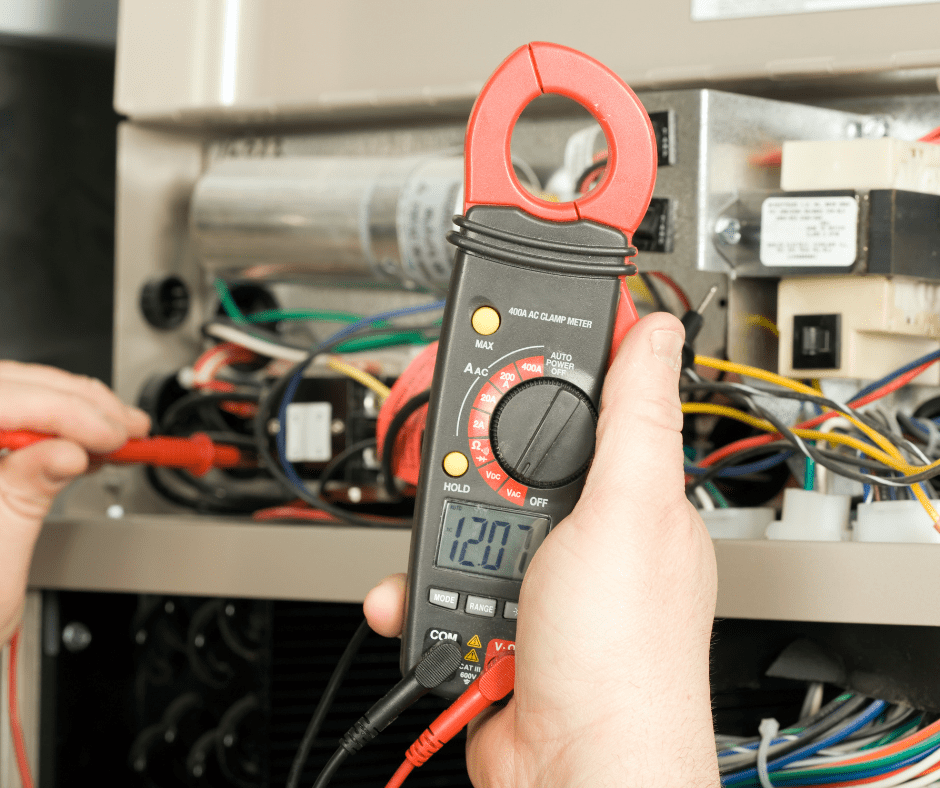
Noticing that your HVAC system kicks on and off more often than a jittery light switch is not just an annoyance—it’s a cry for help. This behavior, known as short cycling, is far from normal and suggests that your system is under duress. Like a runner who starts and stops too frequently during a race, an HVAC system that frequently cycles on and off is not performing efficiently or effectively.
Short cycling in your HVAC system can be caused by a myriad of issues, each pointing to a different aspect of your heating and air system needing attention. It could be an oversized HVAC system that heats or cools your space too quickly, tricking it into turning off before it should. Alternatively, it might indicate a clogged air filter restricting airflow, causing the system to overheat and shut down prematurely. Even more concerning, it could signal a malfunctioning thermostat that fails to read room temperatures accurately.
This frequent stopping and starting puts unnecessary stress on your HVAC components, much like constantly revving a car engine and slamming on the brakes. Over time, this can lead to wear and tear on parts, potentially resulting in premature failure and the need for costly repairs or replacement. Not to mention, this inefficiency is likely reflected in higher energy bills as your system struggles to maintain a consistent comfort level in your home.
An HVAC tune up is the equivalent of a pit stop for a race car: essential for optimal performance. During a tune-up, a heating and air conditioning technician can pinpoint the cause of the short cycling. Whether it’s cleaning or replacing a dirty filter, adjusting the thermostat, or evaluating the system size for your space, the goal is to ensure your HVAC runs smoothly and efficiently.
Addressing the issue early can prevent the snowball effect of minor issues turning into major problems, ensuring your system is in it for the long haul, providing comfort without the costly pit stops of frequent repairs.
5. Reduced Airflow from Vents
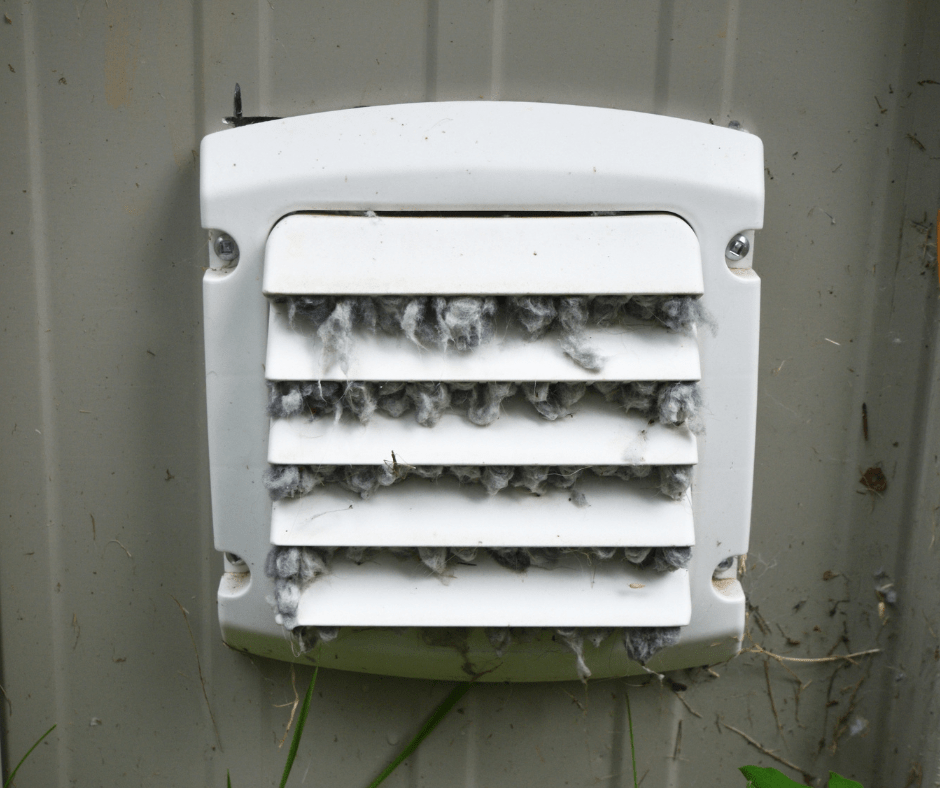
Feeling a weak breeze when you’re expecting a gust can be a clear sign that your HVAC system isn’t performing at its best. Reduced airflow from the vents is more than just a minor annoyance; it’s a symptom that something’s not quite right within your system. Like trying to breathe through a straw, your HVAC system has to work harder when airflow is restricted, which can lead to inefficiency and discomfort.
Several factors might contribute to this issue, including a dirty air filter, obstructed ductwork, or even the need for recalibration of your system’s components. Each of these issues can put a strain on your HVAC, much like how a blocked path would slow down your progress on a hike. The harder your system has to work to push air through, the more wear and tear on its parts, and the higher your energy usage and bills might climb.
Scheduling an HVAC tune up is akin to clearing the path for a smoother journey. An HVAC technician will thoroughly examine your system to pinpoint exactly where the blockages are occurring and take steps to eliminate them. This might involve cleaning or replacing the air filter, removing debris from ducts, or adjusting system settings for optimal airflow.
The goal is to ensure that air moves freely and efficiently through your heating and air system, reaching every corner of your home with ease. Not only does this restore comfort to your living spaces, but it also promotes a healthier environment by ensuring that air is properly filtered and circulated. By addressing reduced airflow promptly through a professional tune-up, you’ll keep your HVAC system humming along smoothly, ensuring your home remains a haven of comfort and efficiency.
Conclusion
There you have it, you now know the 5 major signs that will let you know if your heating and cooling system needs an HVAC tune up. For more useful HVAC tips, be sure to read our following related articles.


